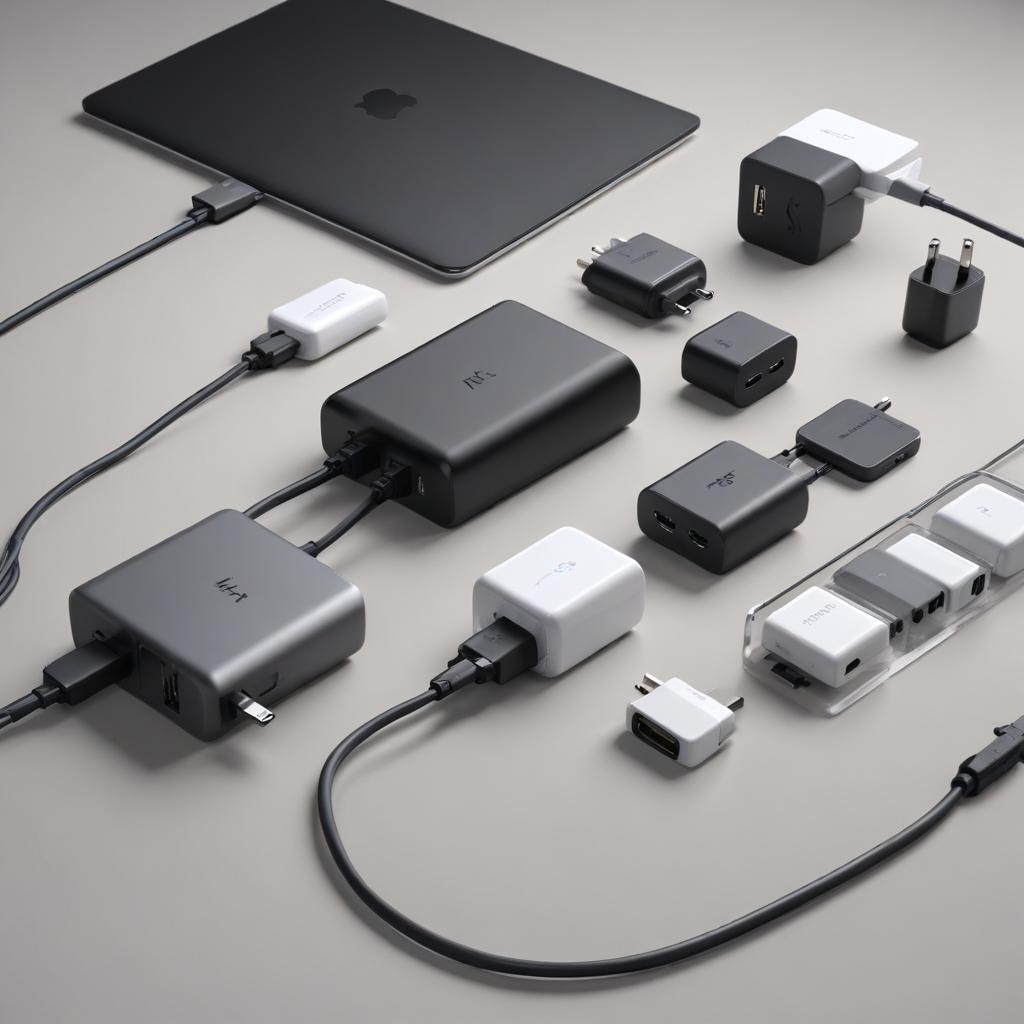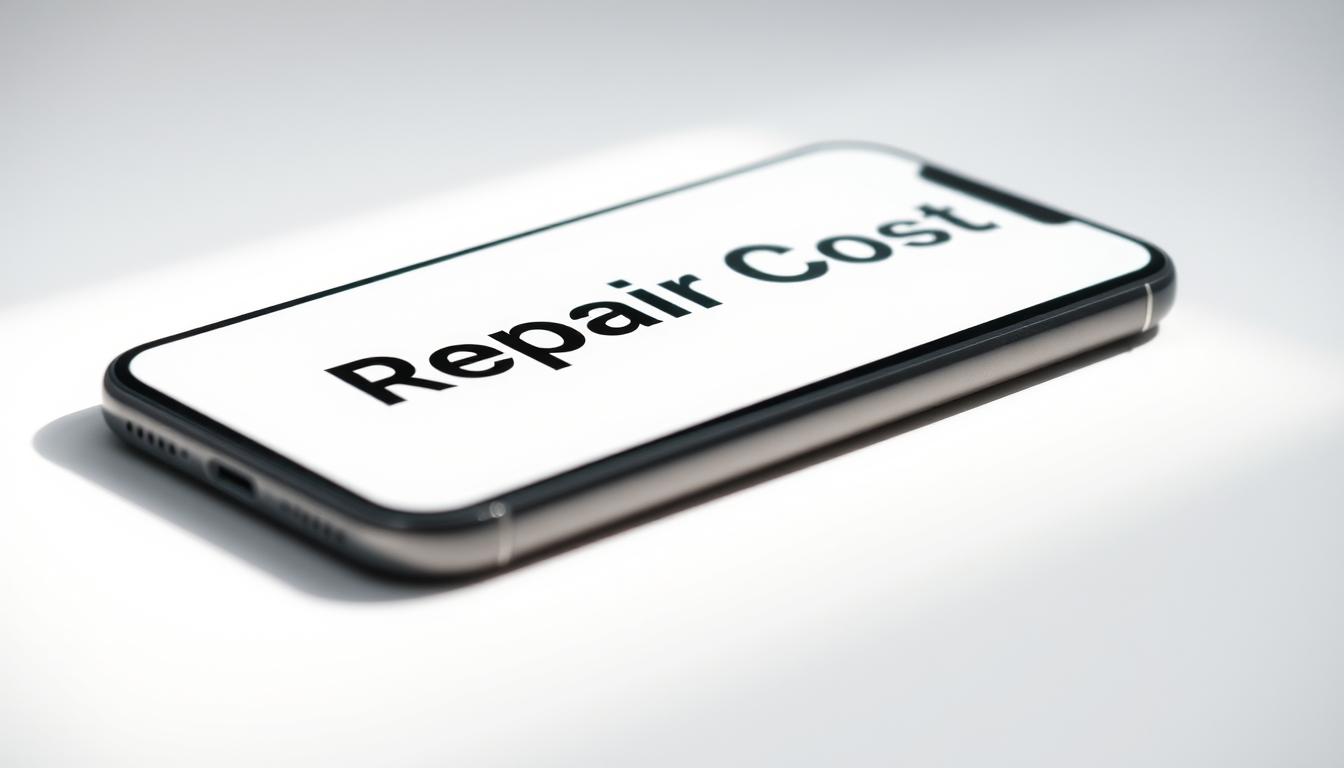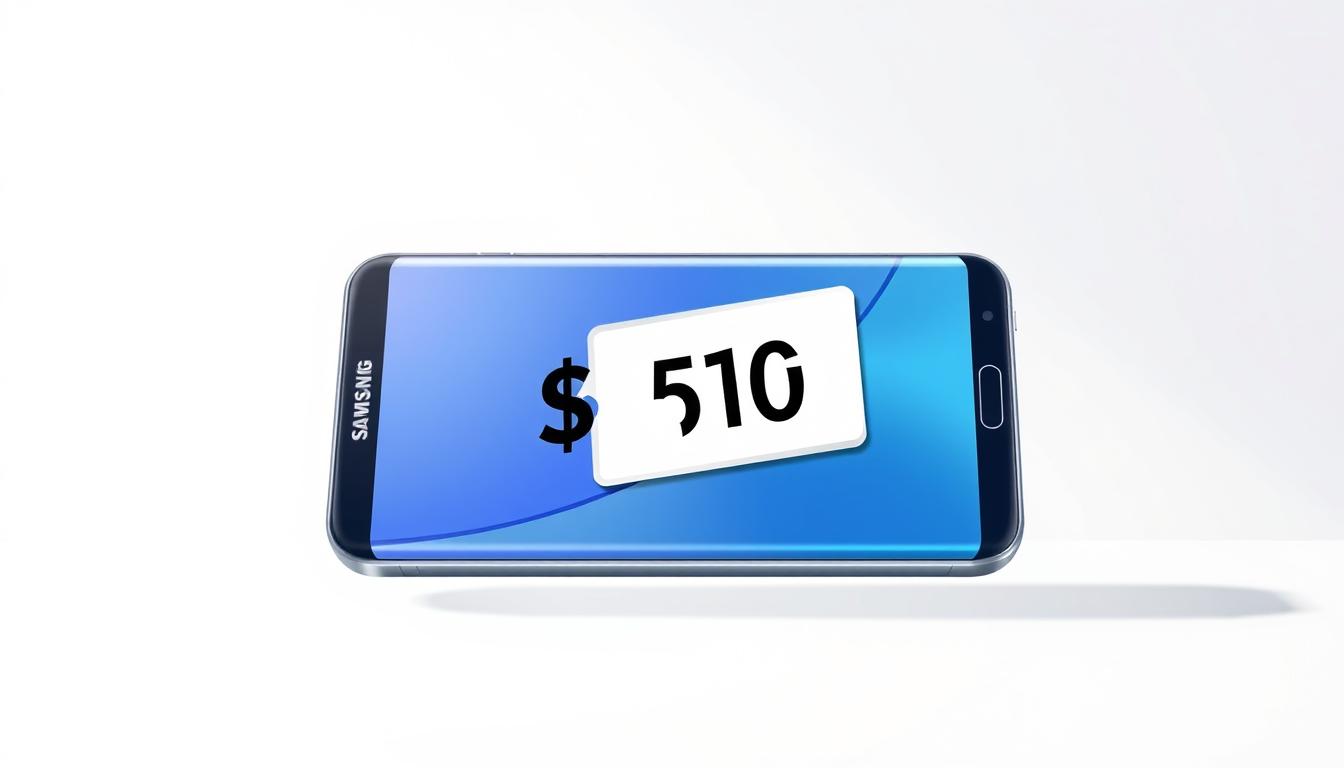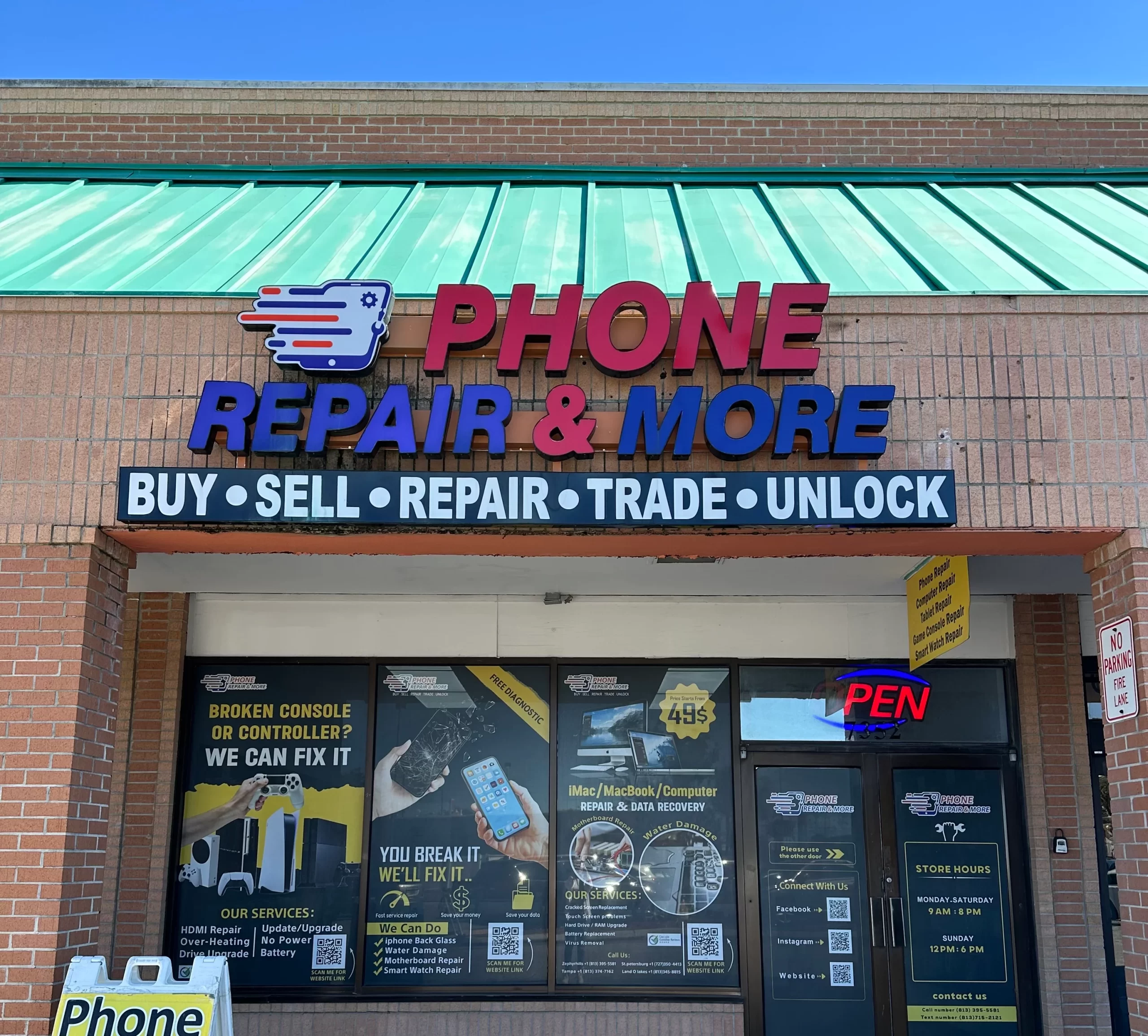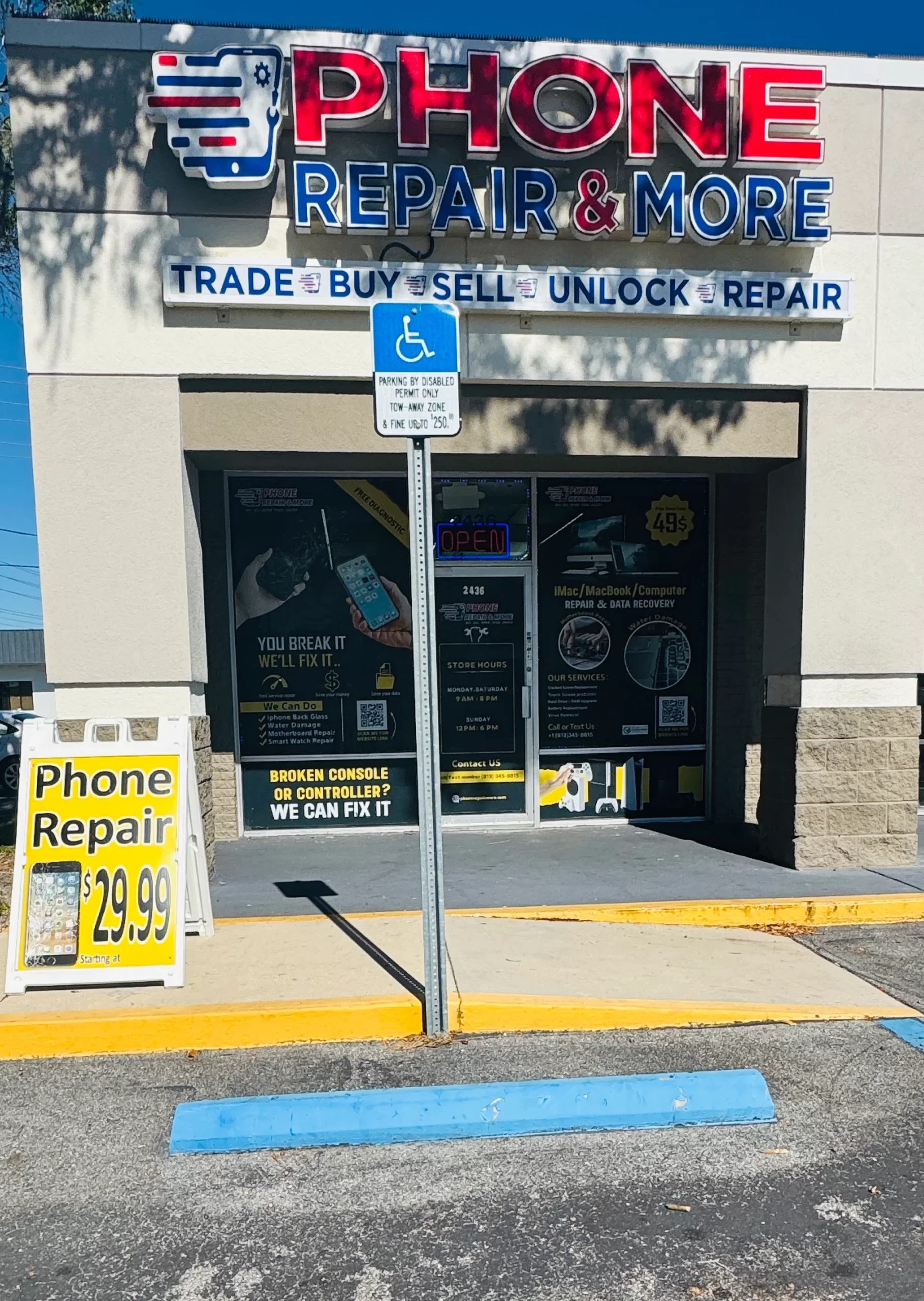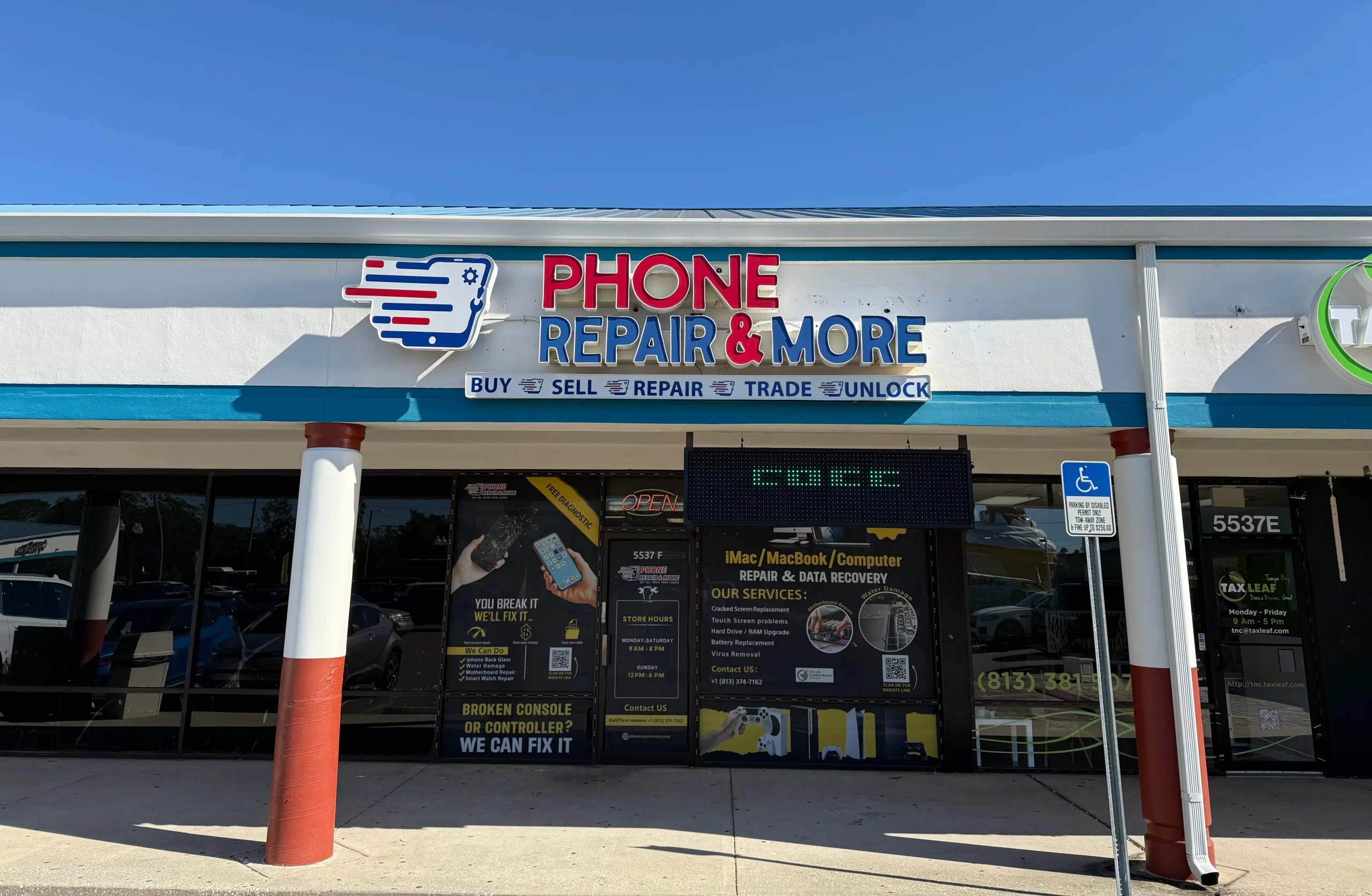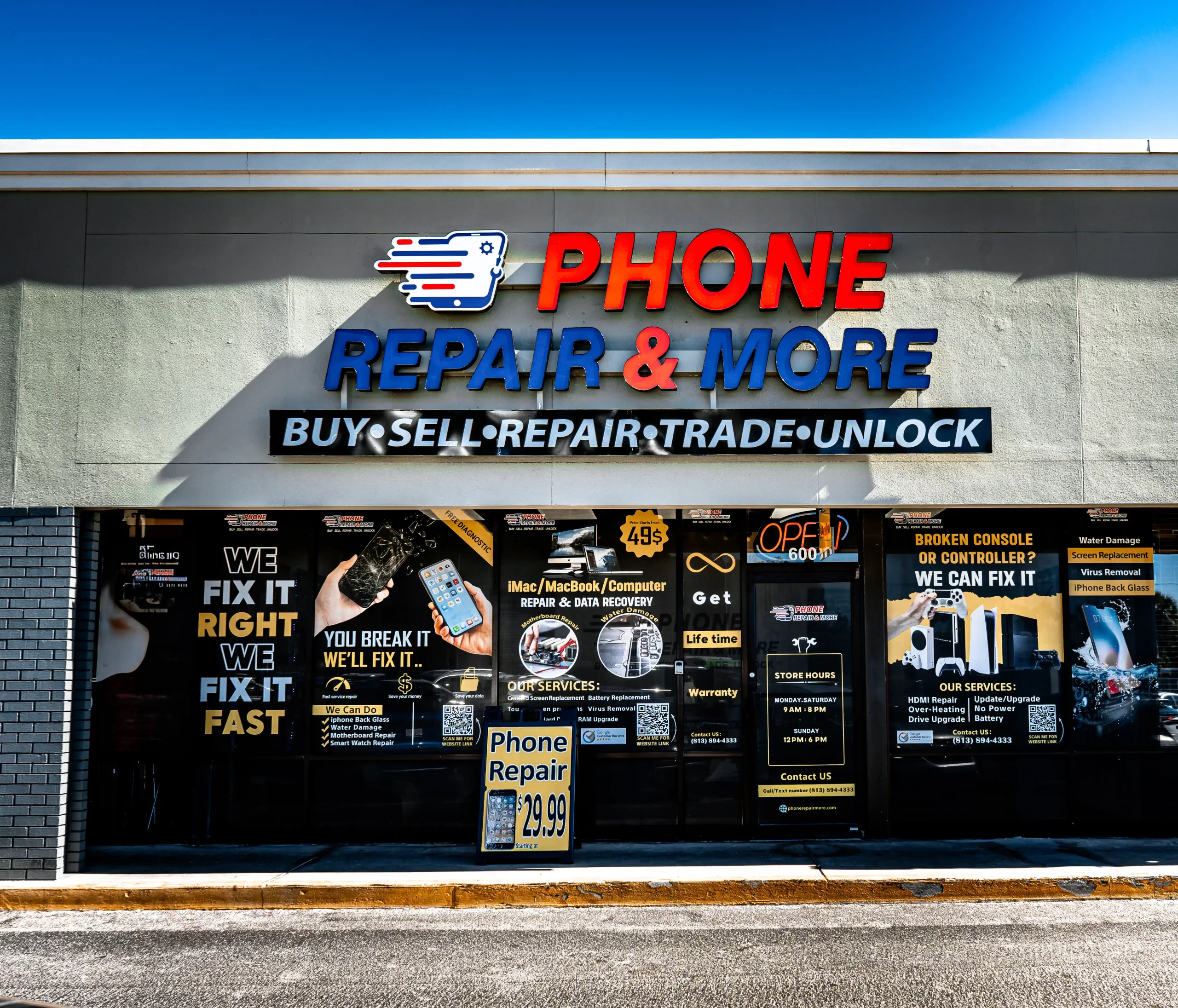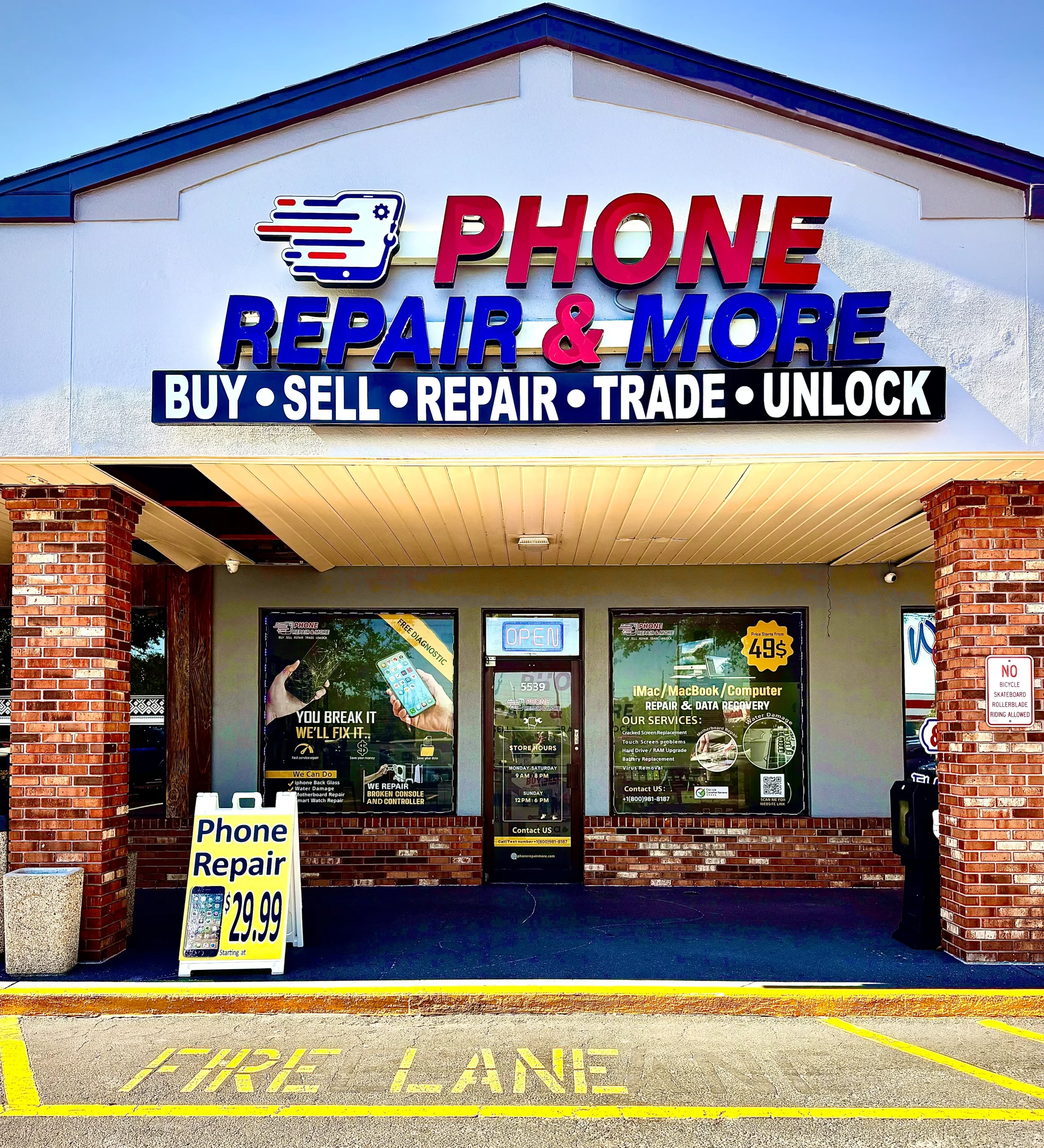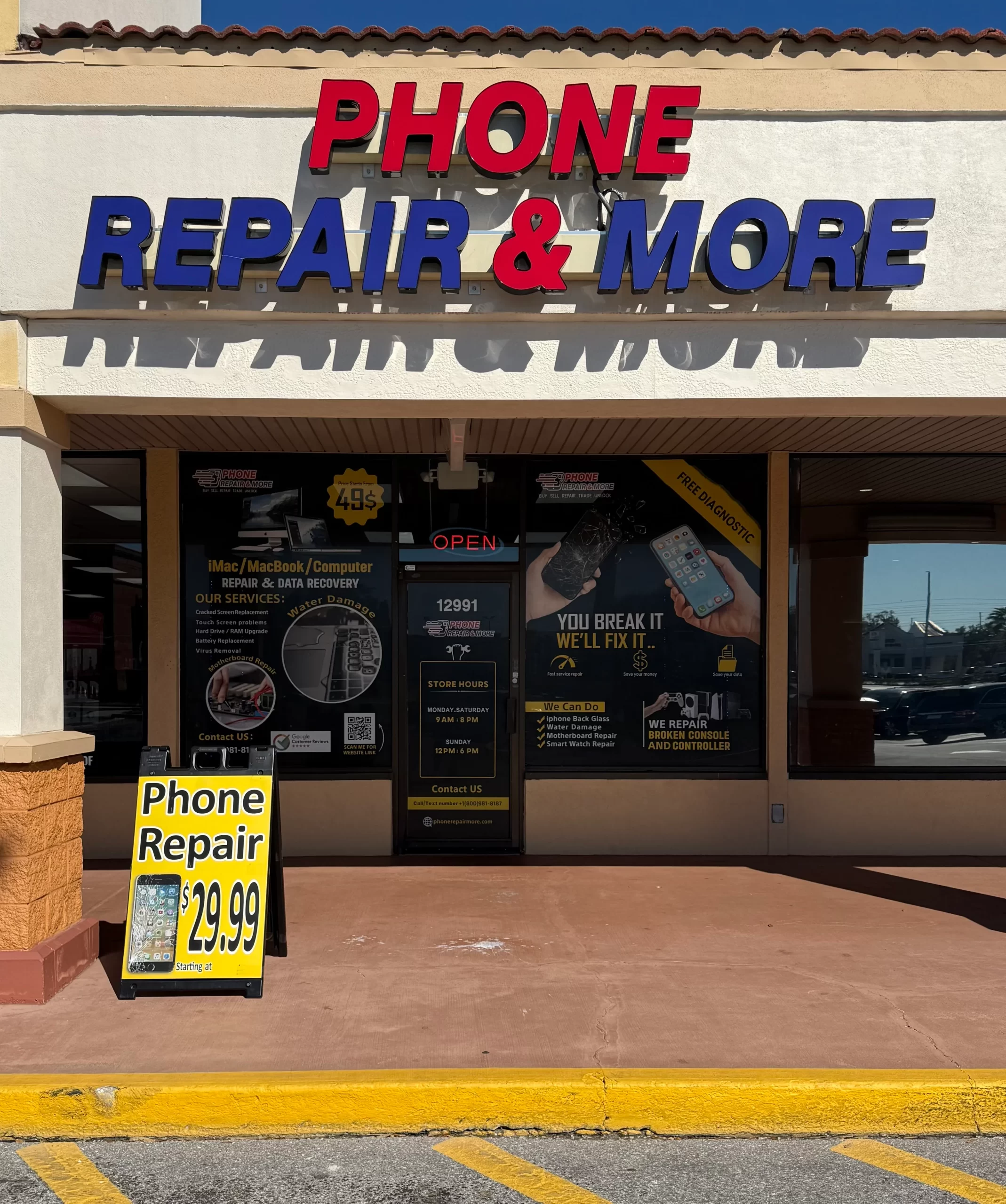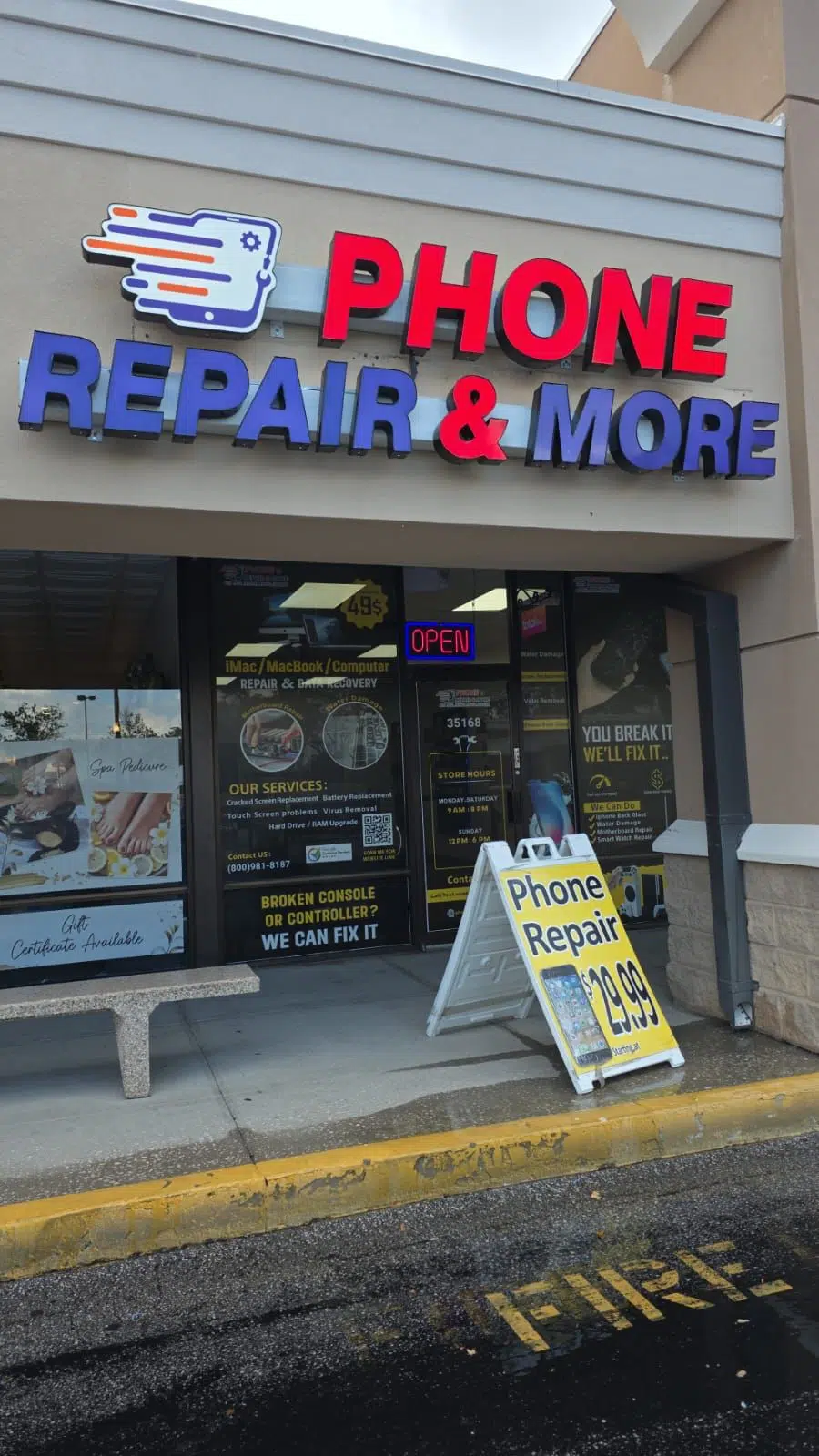When it comes to powering your computer, the charger plays a crucial role. However, not all computer chargers are created equal. Understanding the differences between various chargers is essential for ensuring your device’s longevity and performance. Here, we’ll explore the factors that differentiate computer chargers and provide a guide to selecting the right one for your needs.
Understanding Charger Compatibility
One of the most common misconceptions is that any charger with the same connector type will work with any computer. This is not the case. Chargers are designed with specific voltage, amperage, and wattage requirements tailored to particular devices. Using an incompatible charger can lead to insufficient power delivery, overheating, or even damage to your computer.
Readers Also Liked: Are MacBooks Worth Repairing?
Voltage
Voltage is the electrical potential that drives current through the charger. Most computer chargers have a specific voltage rating, typically between 18V and 20V for laptops. Using a charger with a voltage that is too high or too low can cause serious issues. A higher voltage can damage the internal components of your computer, while a lower voltage might not provide enough power to charge the battery or run the device efficiently.
Amperage
Amperage, or current, is the amount of electrical flow the charger provides. Chargers with higher amperage can deliver more current to your device, which is particularly useful for faster charging. However, using a charger with significantly higher amperage than your device requires can cause overheating and potentially damage your battery. It’s generally safe to use a charger with a slightly higher amperage, but it’s crucial to avoid those with much lower amperage than specified.
Wattage
Wattage is the overall power output of the charger and is calculated by multiplying voltage by amperage (W = V x A). It’s essential to use a charger that matches or exceeds the wattage requirement of your computer. A charger with lower wattage will not provide enough power, leading to slow charging times or the inability to power the device while it is in use.
Connector Types
Different computers use various connector types, and it’s important to ensure your charger has the correct connector for your device. Common connector types include barrel connectors, USB-C, and proprietary connectors like Apple’s MagSafe. Using the wrong connector type can result in a poor connection, power inefficiency, or damage to the charging port.
Barrel Connectors
Barrel connectors are cylindrical plugs used by many laptops. They come in different sizes, and even slight variations can affect compatibility. Ensure that the barrel connector matches both the size and the internal pin configuration required by your computer.
USB-C
USB-C is becoming increasingly popular due to its versatility and ability to carry data and power simultaneously. However, not all USB-C chargers are the same. Some are designed for smartphones or tablets and do not provide sufficient power for laptops. Ensure the USB-C charger supports the Power Delivery (PD) standard and meets the power requirements of your laptop.
Proprietary Connectors
Certain manufacturers, like Apple with its MagSafe connectors, use proprietary designs. These connectors are often unique to specific models, making it crucial to use the designated charger for your device.
Manufacturer Recommendations
Always refer to the manufacturer’s recommendations when selecting a charger. They provide the specific voltage, amperage, and connector type required for optimal performance. Using third-party chargers can be risky unless they are certified to meet the manufacturer’s specifications.
Safety Considerations
Using an incorrect or poorly made charger can pose safety risks, including overheating, electrical shorts, and even fire hazards. Always choose chargers from reputable manufacturers and avoid counterfeit or low-quality options.
When To Seek Professional Help
If you’re unsure about which charger to use or if your device is experiencing issues, seeking professional assistance can be beneficial. Phone Repair & More offers expert advice and services to ensure your computer gets the right charger and maintains optimal performance.
Recommended: How Much Does It Cost To Replace The Charging Pin On An iPhone?
Frequently Asked Questions
Why Does My Computer Slow Down Over Time?
Computers tend to slow down over time due to factors like fragmented hard drives, outdated software, malware infections, insufficient RAM, or excessive startup programs. Regular maintenance and updates can help mitigate these issues.
How Can I Speed Up My Computer’s Performance?
To speed up your computer’s performance, you can perform regular disk cleanups, uninstall unused programs, update your operating system and software, add more RAM, and limit startup programs. Running antivirus scans and considering an SSD upgrade can also significantly improve speed.
Conclusion
Not all computer chargers are the same. Differences in voltage, amperage, wattage, and connector types mean that using the wrong charger can lead to inefficiency, damage, or safety hazards. By understanding these factors and following manufacturer recommendations, you can ensure that your computer receives the appropriate power for optimal performance and longevity. Investing in a quality charger that meets your device’s specifications is essential for maintaining its health and functionality. Professional services like those provided by Phone Repair & More can help guide you in making the right choice.

